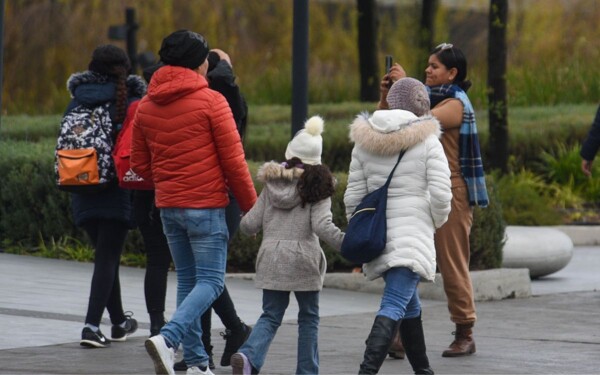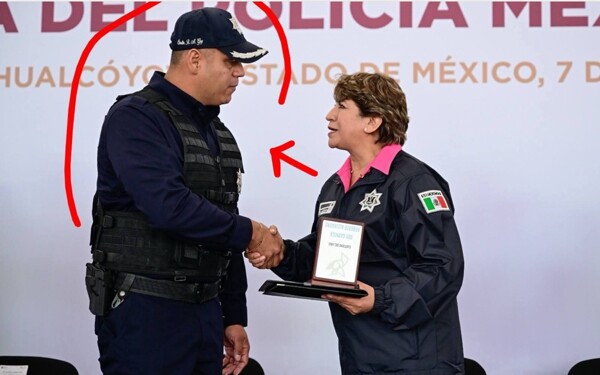
In Mexico, whooping cough has generated concern, especially in states like Nuevo León, Mexico City, and Oaxaca, where the highest number of affected patients has been concentrated. Whooping cough is a highly contagious acute respiratory infection caused by the bacterium Bordetella pertussis. In the first seven weeks of 2025, 120 cases were recorded in 21 states of the country, compared to the 15 cases reported during the same period last year.
The Federal Ministry of Health has issued an epidemiological alert due to the alarming increase in whooping cough cases in Mexico. According to reports, the incubation period of the disease ranges from seven to ten days, while symptoms can persist for six to eight weeks. The decline in vaccination coverage, exacerbated by the Covid-19 pandemic, has increased the risks of whooping cough outbreaks.
In light of this global alert, the Pan American Health Organization (PAHO) and the World Health Organization (WHO) issued an epidemiological alert in July 2022, urging member countries to strengthen surveillance and monitoring of vaccination coverage in children under one year old and under five years old. Vaccination has been indicated as the main preventive measure to avoid contagion of whooping cough and to protect vulnerable individuals, especially young children.
The Ministry of Health has urged authorities and the general population to intensify vaccination campaigns, especially in high-risk municipalities, areas with high influxes of foreign tourists, areas with migrant populations, and border municipalities of the country. It is crucial to keep the vaccination schedule of families updated to prevent an increase in cases and to protect the youngest from this dangerous disease.
Transmission of whooping cough occurs mainly through direct contact with the droplets expelled when an infected person coughs or sneezes. Among the most concerning symptoms, especially in infants, are pauses in breathing, severe coughing that lasts one or two weeks, uncontrollable coughing, fever, and difficulty breathing.














